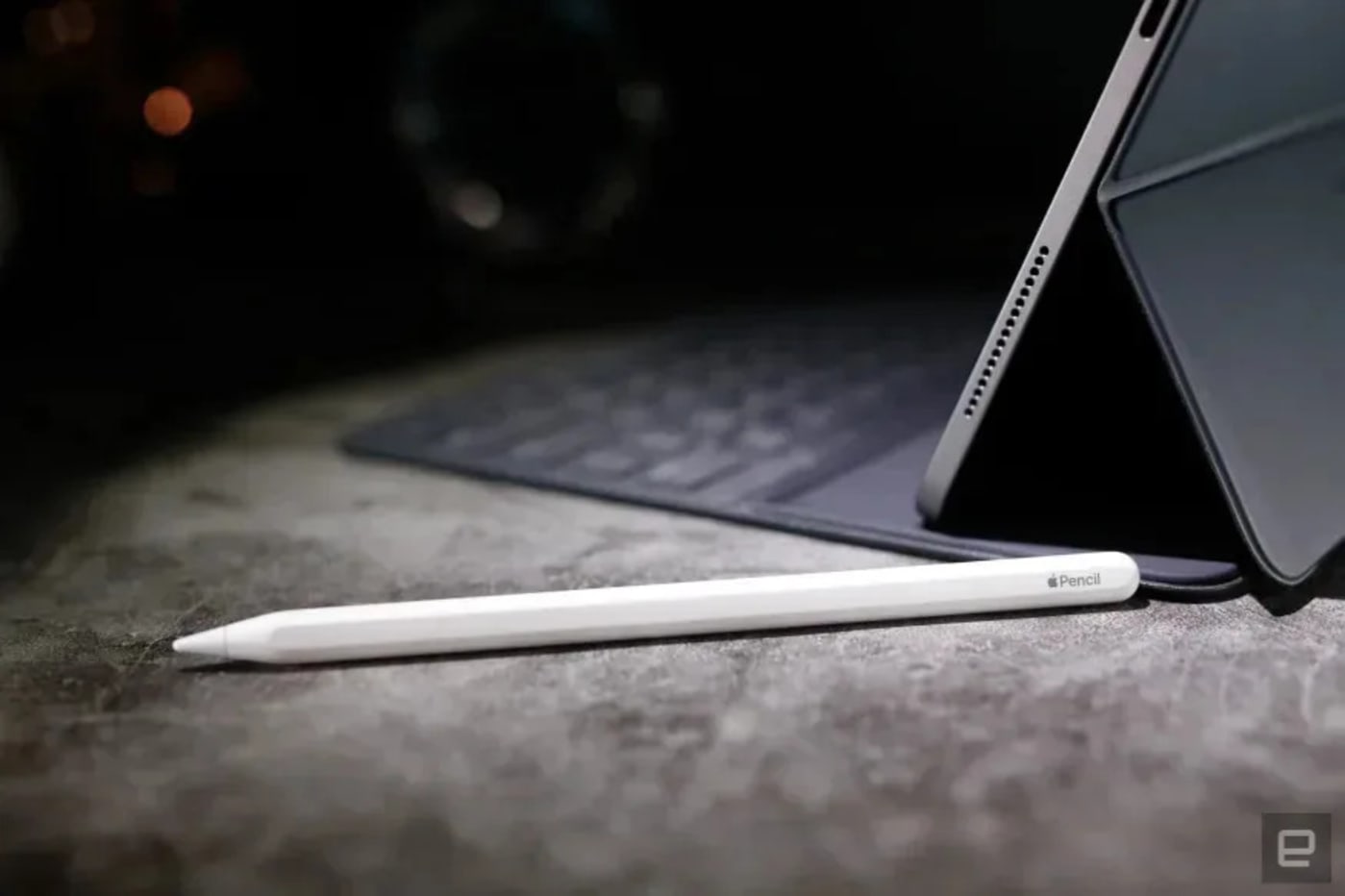Biden administration seeks ban on auto software from China
The Biden administration just announced a comprehensive plan to ban Chinese software and some hardware from internet-connected cars in the US. This is being framed as a national security measure, with the administration stating that this software poses “new threats to our national security, including through our supply chains.” This is the same reasoning behind a recent ban of telecommunications equipment from Chinese companies like Huawei and ZTE. In that case, the claims had teeth, as documents reportedly showed how Huawei was involved in the country’s surveillance efforts. Today’s announcement goes on to say that China “could use critical technologies” from connected vehicles “within our supply chains for surveillance and sabotage to undermine national security.” The rules announced today go beyond mere software. It would also cover any piece of hardware that connects a vehicle to the outside world, which includes Bluetooth, cellular, Wi-Fi and satellite components. It also includes cameras, sensors and onboard computers. The software ban would go into effect in model year 2027, with the related hardware prohibition starting in model year 2030. The proposed ban also includes Russian auto software. The country has a fairly robust EV industry, but primarily for domestic use. There’s nothing in Russia that’s globally lusted after like the cheap EVs from Chinese companies like BYD. This leads us to a major point. While this proposed ban is primarily for internet-connected software, it would effectively block all Chinese auto imports. The software is pretty much baked in, as are the items of hardware that allow for connectivity. It’s already tough to get one of these vehicles stateside, due to the recent tariffs placed on Chinese EVs, but this would make it nearly impossible. Government officials, however, have held steadfast that this is a move to improve national security, and not to ban cheaper EVs from another market. “Connected vehicles and the technology they use bring new vulnerabilities and threats, especially in the case of vehicles or components developed in the P.R.C. [People's Republic of China] and other countries of concern,” said Jake Sullivan, President Biden’s national security adviser. These remarks were given to reporters over the weekend and were transcribed by The New York Times. Sullivan went on to reference something called Volt Typhoon, which is an alleged Chinese effort to insert malicious code into American power systems, pipelines and other critical infrastructure. US officials fear that this program could be used to cripple American military bases in the event of a Chinese invasion of Taiwan or a similar military excursion. Peter Harrell, who was previously the National Security Council’s senior director for international economics during the Biden administration, told The New York Times that “this is likely to be opening the door, over a number of years, to a much broader governmental set of actions” that would “likely see a continuation” no matter who wins the presidential election. It’s worth noting that the BYD Seagull, as an example, sells for around $10,000. This makes it much cheaper than American EVs, even after getting slapped by that fat 100 percent tariff. A full-featured EV for $20,000 sounds pretty nice right about now. Oh well. It was fun to dream.This article originally appeared on Engadget at https://www.engadget.com/transportation/evs/biden-administration-seeks-ban-on-auto-software-from-china-154025671.html?src=rss

The Biden administration just announced a comprehensive plan to ban Chinese software and some hardware from internet-connected cars in the US. This is being framed as a national security measure, with the administration stating that this software poses “new threats to our national security, including through our supply chains.”
This is the same reasoning behind a recent ban of telecommunications equipment from Chinese companies like Huawei and ZTE. In that case, the claims had teeth, as documents reportedly showed how Huawei was involved in the country’s surveillance efforts. Today’s announcement goes on to say that China “could use critical technologies” from connected vehicles “within our supply chains for surveillance and sabotage to undermine national security.”
The rules announced today go beyond mere software. It would also cover any piece of hardware that connects a vehicle to the outside world, which includes Bluetooth, cellular, Wi-Fi and satellite components. It also includes cameras, sensors and onboard computers. The software ban would go into effect in model year 2027, with the related hardware prohibition starting in model year 2030.
The proposed ban also includes Russian auto software. The country has a fairly robust EV industry, but primarily for domestic use. There’s nothing in Russia that’s globally lusted after like the cheap EVs from Chinese companies like BYD.
This leads us to a major point. While this proposed ban is primarily for internet-connected software, it would effectively block all Chinese auto imports. The software is pretty much baked in, as are the items of hardware that allow for connectivity. It’s already tough to get one of these vehicles stateside, due to the recent tariffs placed on Chinese EVs, but this would make it nearly impossible.
Government officials, however, have held steadfast that this is a move to improve national security, and not to ban cheaper EVs from another market. “Connected vehicles and the technology they use bring new vulnerabilities and threats, especially in the case of vehicles or components developed in the P.R.C. [People's Republic of China] and other countries of concern,” said Jake Sullivan, President Biden’s national security adviser. These remarks were given to reporters over the weekend and were transcribed by The New York Times.
Sullivan went on to reference something called Volt Typhoon, which is an alleged Chinese effort to insert malicious code into American power systems, pipelines and other critical infrastructure. US officials fear that this program could be used to cripple American military bases in the event of a Chinese invasion of Taiwan or a similar military excursion.
Peter Harrell, who was previously the National Security Council’s senior director for international economics during the Biden administration, told The New York Times that “this is likely to be opening the door, over a number of years, to a much broader governmental set of actions” that would “likely see a continuation” no matter who wins the presidential election.
It’s worth noting that the BYD Seagull, as an example, sells for around $10,000. This makes it much cheaper than American EVs, even after getting slapped by that fat 100 percent tariff. A full-featured EV for $20,000 sounds pretty nice right about now. Oh well. It was fun to dream.This article originally appeared on Engadget at https://www.engadget.com/transportation/evs/biden-administration-seeks-ban-on-auto-software-from-china-154025671.html?src=rss
What's Your Reaction?





















































